






Skills training
Skills training
"Bill's sessions have been great, really helping me to calm down at times when I've had a lot on my plate!"
Skills training
Skills training
"Bill's sessions have been great, really helping me to calm down at times when I've had a lot on my plate!"
Skills training
Many of the CBH techniques I use involve building psychological flexibility and long-term resilience skills for good mental health. They are central to helping resolve specific problems and the skills you practice and develop will enable you to bring about fundamental changes in the way you approach life now and in the future. I integrate these skills into one-to-one therapy sessions, small-group therapy for PhD students or for eco-anxiety, and I also run group workshops as part of relaxation and resilience training programmes at Imperial College London and for other organisations and universities, as well as stand-alone workshops (in-person and online), e.g. on self-hypnosis, eco-anxiety and practical mindfulness. These are truly transferable skills - for life.

Mindfulness
Mindfulness
Mindfulness
Mindfulness
Mindfulness
Being in the present moment - the here and now - is something we do all too rarely. Too often we find ourselves living in the past or the future - worrying about things that have already happened, or things yet to happen, but neither of these are reality. The only reality is the here and now - the present moment. Mindfulness is about appreciating and living in the here and now and involves an awareness and acceptance of thoughts and feelings for what they are - thoughts and feelings expressed through words. By being more mindful we can learn to accept even negative feelings or sensations and broaden out our attention to be more connected (to others, the wider world) and less separate (focused in on ourselves and our internal experiences). Mindfulness and attention training techniques are especially useful for 'de-hypnotising' or broadening out attention away from focused attention on a negative idea/thought, as happens with worry/rumination or anxiety/panic attacks. Mindfulness can also involve compassion for yourself - being kind to yourself, rather than constant self-criticism. I also use mindfulness within the wider context of Acceptance and Commitment Therapy (ACT) and Metacognitive Therapy (MCT) approaches, including committed action to personal values. And a more mindful approach to learning or work allows you to enjoy the learning process or the task in hand, rather than undue focus on future outcomes (e.g. exams/results/outputs).
Many mindfulness techniques are very simple and readily integrated into daily living - you do not have to meditate every day to be mindful! If your only experience of mindfulness has been meditation for e.g. 30 minutes a day and you found you couldn't keep that up, you are not alone! Key to being mindful is actually living mindfully all the time, not just for times you choose to take out to be mindful. See blog for 12 simple steps to mindfulness and keep an eye out on the blog for my occasional Practical Mindfulness for Everyday Living Workshop (2.5 hours):-
“Excellent course!”
“Really excellent workshop with rich resources and snappy, useful exercises which are easy to apply.”
“A good companion course to the self-hypnosis course, and another useful tool in my resilience toolbox.”
“Just a brilliant session!”
“Great workshop - you have a great calming presence!”
“This course was very illuminating and thought-provoking and provides practical tools to deal with stress and anxiety. Thanks Bill for this very valuable lesson.”
“Perfect introduction to mindfulness for a beginner, with practical exercises to take home.”
“Excellent quick exercises. Amazing how quickly you can relax.|”
“Great combination of theory, practical tips and practice.”
“Many thanks for this well prepared session. Worth joining!!”

Relaxation
Relaxation
Relaxation
Relaxation
Relaxation
Relaxation is fundamental to dealing with so many issues - if you can calm the body you can calm the mind. In fact you cannot worry or be anxious if you are relaxed - it's physiologically impossible. Yet most people have never experienced truly deep relaxation; when you do it, it can be transformative. The 'relaxation response' is a physiological response, but the opposite of the 'fight or flight' response associated with anxiety or stress; being able to bring about the relaxation response quickly is key to many treatments and with practice, as you learn to control relaxation, so you can control other thoughts, feelings and behaviours. Breathing techniques - and understanding how to breathe deeply and effectively for relaxation - are key. Relaxation skills training includes applied relaxation techniques such as progressive muscle relaxation and tension release breathing as well as hypnosis.

Self-hypnosis
Self-hypnosis
Self-hypnosis
Self-hypnosis
Self-hypnosis
Mastering self-hypnosis enables you to relax the body and the mind quickly - within minutes - whenever you need to or want to, and rehearse a range of coping strategies and techniques in your imagination, so you can face stressful situations more easily and build greater resilience to whatever life may throw at you. Using audio recordings of hypnosis sessions to start with allows you to practice using your own positive suggestions to move away from negative thinking and towards a much more positive outlook. It's a technique you can use on trains, the tube, bus, wherever you want to take 15 minutes out to completely unwind and find wonderful peacefulness. Self-hypnosis is a powerful technique for changing your underlying attitudes to many issues - from anxiety and stress to low self-esteem, depression, perfectionism and even the management of chronic pain. Keep an eye out on the blog page for my half-day Self-hypnosis Workshops - no previous experience required:-
"Wonderful introduction to self-hypnosis. Looking forward to trying the techniques I have learnt at home."
"Fantastic - the workshop was very practical and easy to follow, and I already know how to use it to benefit my everyday well-being."
"Great course, which has given me the confidence to try these techniques myself."
"Well done Bill. An inspirational afternoon. I walk away with the sense that I can achieve, well, almost anything."
"This is the most practical and helpful guidance I've had on managing stress and building my confidence."
"It was so relaxing and interesting, thank you!!"
"I love this workshop. It's really fun and useful for me."
"I found this workshop highly useful, with the right mix between theory and practice and I take from it tools that I will apply for life. It surprised me to understand the power of our minds and those hidden abilities."
"Thanks Bill - really great session!"
"Great - definitely something I will work on."
“The course is very effective. Feeling energised, calm and confident. Thanks you.”
“Great balance of intro, theory and practical. Demystifies and makes it very accessible and achievable. Clearly outlines/highlights uses and potential results. Thanks you!”
“Surprised myself as to how quickly I was able to reach that deep, relaxed state. Has given me the confidence to go and practice in my daily life.”
“Very well structured and highly practical course. Fully enjoyed it!”

Assertiveness
Assertiveness
Assertiveness
Assertiveness
Assertiveness
Low self-esteem or self-worth may be linked to a perceived need for approval of others - not liking or trusting yourself or your own judgements. Assertiveness is about recognising your own right to express yourself, just as others have a right to express themselves. It is about engaging actively with others and meeting your needs without hurting others, rather than being passive or aggressive.
Practical social skills training can help you become more assertive, more expressive of your own feelings and wishes and consistent with your own personal values. These can help, for example, with public speaking or performance anxiety, job interviews and anxiety in social situations, e.g. asking a question in class, engaging effectively with colleagues at work, negotiating with a supervisor, or being in crowded places. And it can help give you the confidence to do what you want to do, without the need for external validation.

Problem solving
Problem solving
Problem solving
Problem solving
Problem solving
If you struggle with making decisions - and procrastinate, for example - putting off decisions for another day - or when faced with challenging situations find them difficult to handle, it may be because you are not looking at problems and their solutions in a helpful way. Problem solving is a skill and one you can acquire. Understanding your current problem solving strengths and weaknesses can help you develop better problem solving skills, reduce your anxiety about making the 'right' decisions, and develop real resilience for the future. And understanding and accepting your own personal values is an essential precursor to setting goals; setting goals without placing them in the context of your values creates problems rather than solves them. If you worry - or worry about worry - then poor problem solving may be part of the problem. Worry is the brain’s random attempt at problem solving, but to no avail. To problem solve you need to look at things more systematically and clearly.
Worry solves nothing, however much you do it.
I am also experienced in using problem solving for career planning; anxiety and worry often accompany changes in personal circumstances, e.g. redundancy, career changes, work-based stress and anxiety; new training opportunities etc. A values-based approach to career planning is essential in setting your own personal goals for your work life - what is important to you? How does work fit with other important values in your life?
Sometimes what may seem like a crisis can actually be a real opportunity for positive change, whether in career, job or attitude and approach to work and work/life balance. But it is likely you will need help to see that and to do the active problem solving in the present moment, so do reach out.
See blog posts on Worry - what is it and how to deal with it? and Maybe I need to change my job….

Habit reversal
Habit reversal
Habit reversal
Habit reversal
Habit reversal
Some habits - e.g. nail biting, hair pulling - are sometimes associated with anxiety or worry, although they are also often simply habits acquired over time and in such situations typically can be resolved with a single session. Understanding the relationship between the behaviour (e.g. nail biting) and thoughts and feelings, and recognising and rehearsing the lead-up stages to the habit will allow you to apply simple techniques to stop the habit entirely. Poor sleep (insomnia) may well be associated with anxiety or worry that will improve once either the cause of the anxiety/worry is addressed, or suitable coping strategies are devised. But simple techniques can help make sleeping easier, including relaxation, hypnosis and mindfulness techniques.
